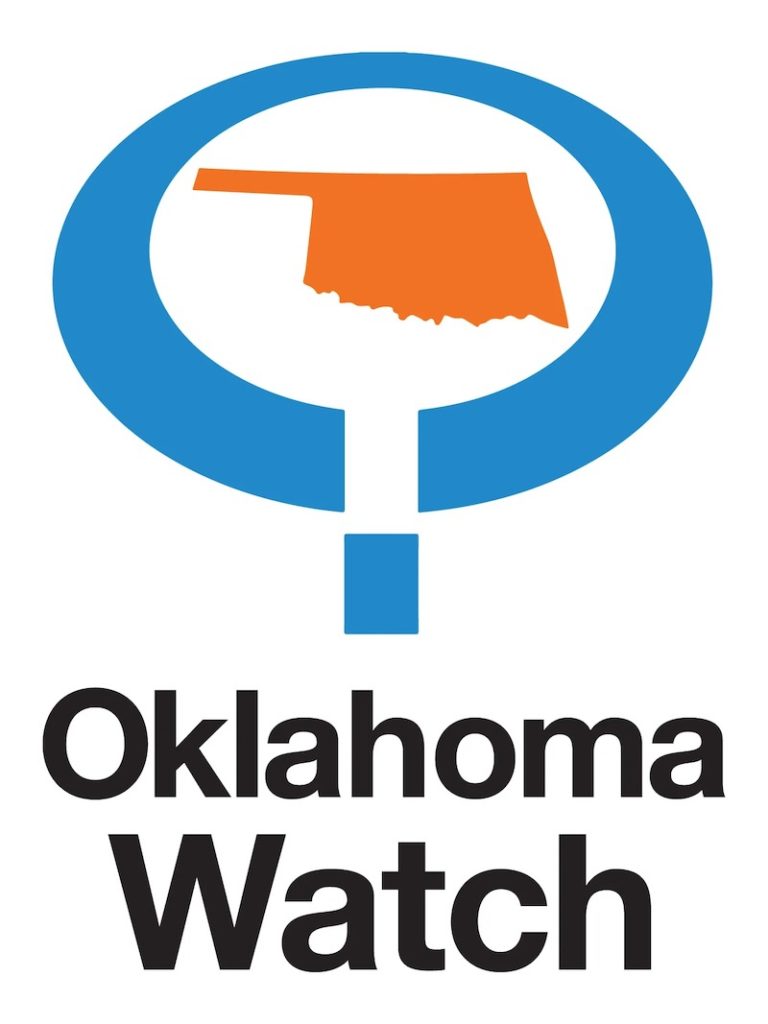Last Updated on August 6, 2023, 3:06 AM | Published: April 9, 2023
OKLAHOMA CITY (State Capitol) — Oklahoma’s lax purchasing exemptions for agencies expose the state to billions of dollars in misspending, including recent examples at the Tourism Department over a contract for barbecue restaurants at state parks and federal coronavirus aid for education, a legislative watchdog report concludes.
The Legislative Office for Fiscal Transparency said lawmakers should consider several policy changes to better police state purchases outside the state’s Central Purchasing Act. The number of agencies that qualify for exemptions to the law has grown over the years. Agencies basically declare their acquisitions exempt from purchasing requirements with little oversight, the report said.
In fiscal year 2022, $538 million in state purchases went through the Central Purchasing division. Purchasing outside the division exceeded $3 billion.

Separately, the state’s purchasing director, Dan Sivard, resigned unexpectedly on Wednesday. While noting the unfortunate timing, a spokesman for the Office of Management and Enterprise Services said it was unrelated to the legislative report. Sivard had been in the role since February 2020.
Just a fraction of the state’s annual spending on goods and services goes through the Central Purchasing Act, which was enacted in 1959 to address concerns about the subjective awarding of state contracts. Procurement laws were further strengthened in 1974 after allegations of corruption in statewide construction contracts.
No-bid contracts proliferate
The Stitt administration has made liberal use of no-bid contracts, sometimes out of necessity during the COVID-19 public health emergency. But some of that spending has led to legislative investigations and state and federal audits. Among the questionable contracts were the Swadley’s contract for state park restaurants, paying for hydroxychloroquine for COVID-19 treatment and millions in misspending under a governor’s discretionary fund for education.
“LOFT’s review of the state’s central purchasing process finds much of state purchasing circumvents the state’s ‘centralized’ purchasing process,” the report said. “Many exempt purchases are not overseen by the Central Purchasing Division, and ones that are overseen are not well enforced.”
Report to lawmakers
The watchdog presented its latest draft report to lawmakers on Thursday. Top officials with the Office of Management and Enterprise Services largely concurred with the report’s findings. They disagreed with the agency’s oversight role over how much it could review purchases where the agency declares an exemption.

Over the years, agencies have lobbied for purchasing exemptions for the entire agency or specific types of purchases. Now, there are 87 full or partial exemptions from the Central Purchasing Act in state law.
Agencies pursued exemptions from the Legislature because they thought the process was too onerous or took too long. The report cited a 61-point checklist for purchases under the Central Purchasing Act. On average, it takes about three months to complete a purchase.
“We know they have an exception, but we don’t necessarily know they’ve declared that and they’re moving forward” with a purchase, John Suter, the state’s chief operating officer, told lawmakers.
$1 billion at risk
The Office of Management and Enterprise Services said its own internal review of the Central Purchasing Division uncovered several areas of potential vulnerability. It estimated about $1 billion in state spending was exposed to risk from existing processes, rules and laws.
“Through a combination of statute changes and process reform, we can truly strengthen this organization’s efficiency, outcomes and accountability,” Suter said in a March 3 letter to lawmakers.
The LOFT report faulted the state’s purchasing division for not conducting enough audits of the purchases it does oversee. It also said the division failed to refer audits uncovering wrongdoing to either the attorney general or the state auditor.
The Swadley’s barbecue restaurant lease agreement for state parks was a prime example of lax oversight, the report said. The Tourism Department said its bidding process was exempt from state law, but at the same time, the agency was getting audited for its spending using state purchase cards. That p-card audit showed illegal split purchases to get around spending limits and charges for alcohol.
“We often don’t know necessarily when an agency is embarking on an exemption,” Suter told lawmakers. “We love the idea that you must report the exemption to Central Purchasing before you start the acquisition.”
Gov. Kevin Stitt issued an executive order at the end of February directing the Central Purchasing division to conduct audits on agency spending by the end of 2023.
Suter and other officials at the Office of Management and Enterprise Services said it was impractical to expect full audits in that timeframe. The agency will look at ways to automate data reviews of purchasing through state financial systems. But that won’t capture dozens of agencies that are not required to be on the state’s PeopleSoft financial platform, he said.
Stitt: Should be no more exemptions
Stitt, in his weekly press conference Thursday morning, said he’d like the Legislature to take away all agency exemptions for purchases.
“I believe that every single contract should have an RFP (request for proposal) and it should be an open bidding process,” Stitt said. “During COVID back in 2020, some of our state agencies were using those exemptions to sole source or not bid out. COVID is over, and it’s been over a long time; we don’t need to be using any of these exemptions to bypass an RFP.”
The LOFT report said use of agency exemptions continued to grow even after the state ended its state of emergency from COVID-19. For example, emergency acquisitions averaged between $2 million and $3 million before 2020 and rose to more than $50 million by FY 2022, which ended almost a year after the state’s emergency order expired for COVID-19.
Published in partnership with Oklahoma Watch under Creative Commons license. Free Press publishes this report as a collaborative effort to provide the best coverage of state issues that affect our readers.
Paul Monies has been a reporter with Oklahoma Watch since 2017. He covers state agencies and public health. Call or text him at (571) 319-3289 or email [email protected]. Follow him on Twitter at @pmonies.











